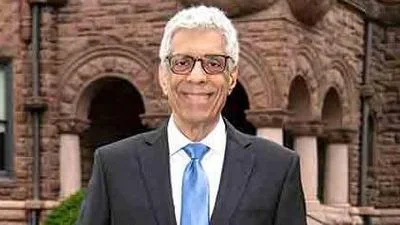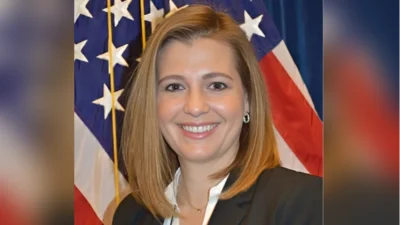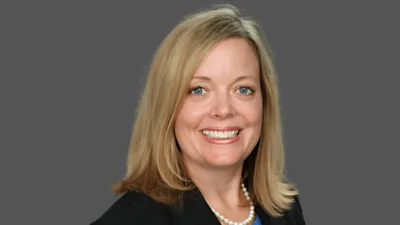Connie Farrow, Executive Director, Patients Come First–Missouri | Linkedin
Connie Farrow, Executive Director, Patients Come First–Missouri | Linkedin
Connie Farrow, Executive Director of Patients Come First–Missouri, has called for an end to the diversion of drug discounts to ineligible patients and emphasized the need for the 340B program to prioritize those most in need. Her statement was made in an op-ed.
"We all lose when our most vulnerable citizens cannot access the medicines and care they need to be healthy," said Farrow. "It's time to stop the diversion of drug discounts to ineligible patients and bad actor's pet projects and to implement long-overdue reform. If the rebate model effectively delivers 340B pricing, then the federal government should move to make it permanent and provide real savings to patients. This could be life changing for thousands of Missourians."
The 340B Drug Pricing Program, established in 1992 and overseen by the Health Resources and Services Administration (HRSA), aims to assist healthcare providers in maximizing limited resources to serve vulnerable populations. It enables eligible entities to purchase outpatient drugs at reduced prices, with savings intended to enhance access to care for low-income and uninsured patients.
According to the Government Accountability Office, hospitals participating in the 340B program can reinvest savings into services such as medication assistance, expanded care access, and community outreach. However, there is no federal mandate requiring hospitals to report how they utilize 340B revenue. This lack of transparency has led to concerns about whether savings are consistently benefiting low-income patients.
Pharmaceutical Research and Manufacturers of America (PhRMA) reported that 42 hospitals in Missouri are part of the 340B program, maintaining over 1,400 contracts with pharmacies nationwide. Only 22% of these contract pharmacies are situated in medically underserved areas. Furthermore, it was noted that 79% of participating hospitals in Missouri provide charity care below the national average, prompting questions about the program's effectiveness in serving its intended populations.
Farrow also serves as Principal at Connie Farrow Communications and is a public relations and advocacy consultant with experience leading campaigns on healthcare and public policy. She previously worked as an award-winning journalist with The Associated Press.






 Alerts Sign-up
Alerts Sign-up